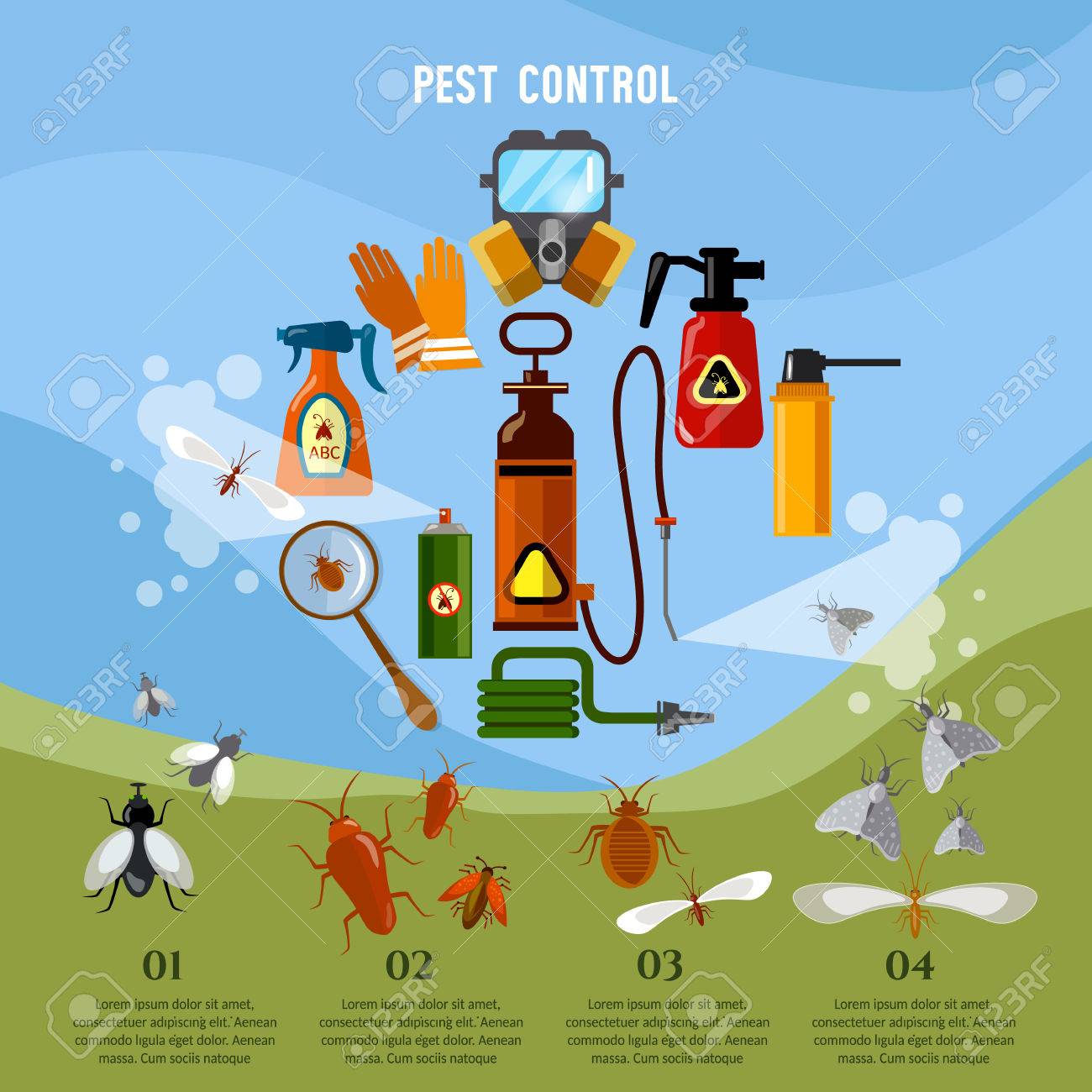Shielding Your Garden From Pests: Strategies For A Pest-Free Outdoor Room
Shielding Your Garden From Pests: Strategies For A Pest-Free Outdoor Room
Blog Article
Suggested Internet site Developed By-Lauritsen Fyhn
Picture your garden as a sanctuary, a location of tranquility and elegance. Nonetheless, the existence of outdoor parasites can quickly disrupt this picturesque picture. What if there were easy yet effective ways to keep these unwanted visitors away and safeguard your yard sanctuary? By browse around here to a few functional ideas and executing all-natural methods, you can create a harmonious outside space where your plants can flourish uninterrupted.
Natural Insect Deterrents
To keep pests far from your garden naturally, plant aromatic natural herbs like mint and lavender. These aromatic plants not only include charm to your yard but likewise function as reliable parasite deterrents. Pests like insects, flies, and even some garden-damaging bugs are warded off by the solid fragrances given off by these natural herbs. Just putting them strategically around your yard can aid develop a natural obstacle against unwanted pests.
In addition to mint and lavender, think about growing various other natural herbs like rosemary, basil, and lemongrass to additionally enhance your garden's pest-proofing capacities. These herbs not just act as natural repellents however likewise have actually the added advantage of being useful in food preparation or crafting home made solutions.
Strategic Plant Placement
Think about the design of your yard and the kinds of plants you need to purposefully position them for optimum pest-proofing performance.
Start by organizing plants with similar resistance to parasites together. By doing this, you can produce an all-natural barrier that hinders pests from spreading out throughout your yard.
Furthermore, positioning pest-repelling plants like marigolds, lavender, or mint near even more at risk plants can help protect them. High plants, such as sunflowers or corn, can work as a guard for shorter plants versus insects like rabbits or ground-dwelling insects.
Remember to leave adequate area between plants to improve air circulation and decrease the danger of conditions that pests may lug.
In addition, take into consideration planting strong-smelling herbs like rosemary or basil near susceptible plants to puzzle pests' detects and make it harder for them to find their targets.
Reliable Insect Control Techniques
For combating garden parasites successfully, carrying out a multi-faceted insect control technique is vital. Begin by motivating natural predators like birds, ladybugs, and praying mantises to help maintain bug populations in check. Presenting plants that bring in these helpful pests can help in parasite control. In addition, practicing good yard hygiene by getting rid of debris and weeds where insects might conceal can make your garden less hospitable to undesirable site visitors.
Think about making average cost of exterminator of physical obstacles such as row cover materials or netting to shield at risk plants from insects like caterpillars and birds. Applying natural chemicals like neem oil or insecticidal soap can likewise work against certain bugs while being less hazardous to helpful pests and the atmosphere. It's critical to rotate your plants each season to prevent the accumulation of parasite populations that target certain plants.
Routinely evaluate your plants for indications of bug damages so you can act without delay. By integrating these techniques and remaining alert, you can successfully control yard bugs and appreciate a growing, pest-free yard.
Conclusion
So, there you have it - with the best techniques, you can maintain pesky outdoor parasites far from your yard and aid your plants flourish.
Did you know that growing mint has been shown to push back insects and various other pests, decreasing the requirement for hazardous chemicals by approximately 60%?
By including all-natural deterrents and smart growing techniques, you can develop an attractive and pest-resistant garden sanctuary for you to appreciate.
